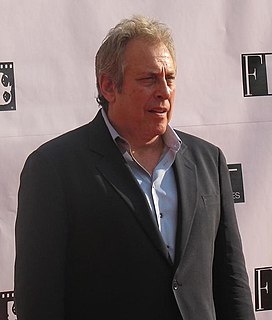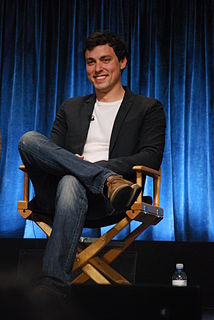A Quote by James Watkins
As a screenwriter, you always have frustrations. It's just the nature of the job, and you have to live with it. Your vision is not going to be the same as the director's vision. It doesn't mean one is better or worse; it means they're different.
Related Quotes
Sharing the same vision for what's on the page is always a good idea. The director's job is to establish what that is and make sure that everyone sticks to it when it comes down to actually executing it. Establishing what the vision is and being able to stick to it is the job, and everyone should be on the same page going in.
You have to accept that the moment you hand a script to a director, even if you've written it as an original script, it becomes his or her movie. That's the way it has to be because the pressures on a director are so staggering and overwhelming that if he or she doesn't have that sort of level of decision making ability, that sort of free reign, the movie simply won't get done. It won't have a vision behind it. It may not be your vision as a screenwriter, but at least it will have a vision.
You have sole ownership of your vision. And the Universe will give you what you want within your vision. What happens with most people is that they muddy their vision with “reality”. Their vision becomes full of not only what they want but what everybody else thinks about what they want, too. Your work is to clarify and purify your vision so that the vibration that you are offering can then be answered.
My teachers believe that the creative producer's job is to service the vision of the director, to stay within schedule and budget, and to get the studio what they need, but you work for the director to get their vision on the screen. That's not how everyone approaches producing, but it is certainly how directors like you to approach producing. How I was brought up is that my job is to help you make the movie you want to make.
One way to get very humble is to dedicate the work you're going to do to your community. And by community I mean that community you have a special vision for, that only you see, that no one else in a room sees. That special community in pain, that through a pain you've suffered, you're able to have that vision, that super-ray vision.




































